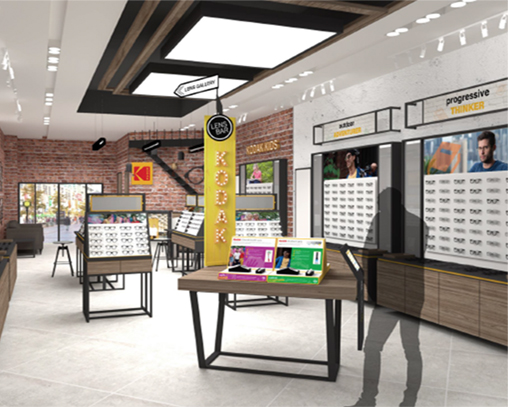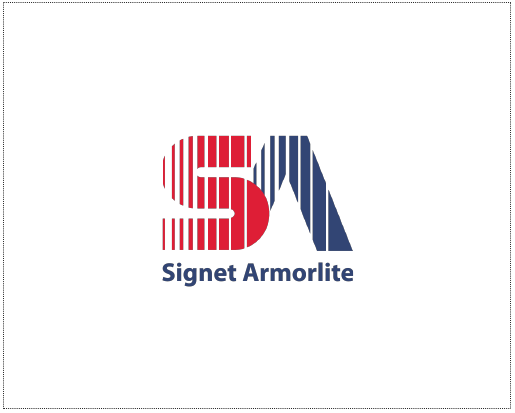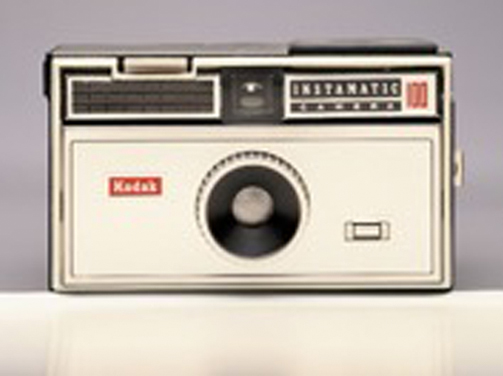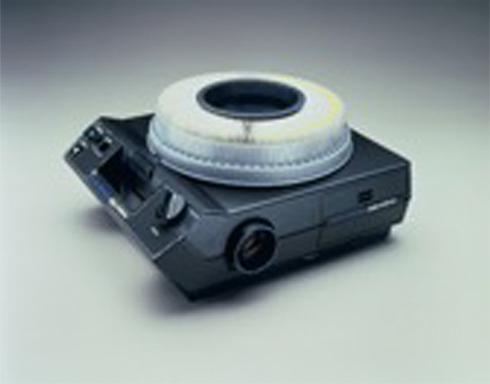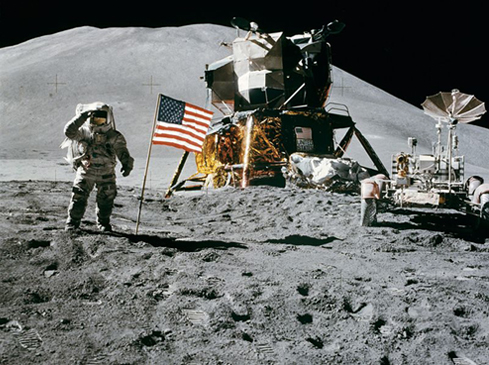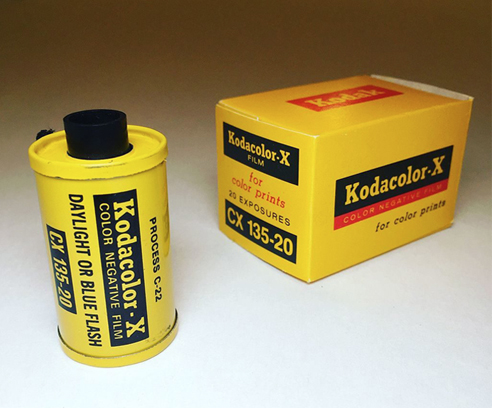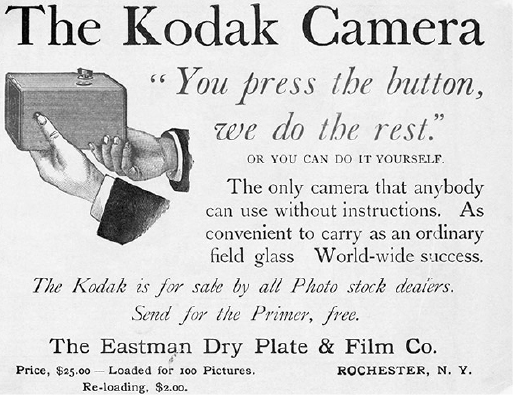Kodak Lens
In 2015, KODAK BluProtect Lens Coating entered the market and led to future generations of blue-light filtering products.
2009 saw the launch of the KODAK Unique Progressive Lens, which opened wearers up to a wider selection of frames. In 2010, the KODAK Precise PB Progressive Lens was launched to provide a more natural wearer experience for Presbyopes.
Throughout the early 2000’s, KODAK Precise Progressive Lens provided wearers with excellent visual harmony between distances and the KODAK Clean & Clear was launched with new improved superhydrophpbic properties.
In 1996, KODAK Clear Lens Coating was developed to enable lenses to stay clean and last longer. 4 years later, the KODAK Concise Progressive Lens was launched to fit modern shallow frames.
In 1992, the Eastman Kodak Company gave Signet Armorlite the exclusive right to develop high-quality ophthalmic lenses. Since then, over 50 ophthalmic products have been developed under the KODAK brand.
KODAK invented the world’s first digital camera in 1975, and the first megapixel charge-couple device (CCD) image sensor in 1986. This enabled other innovations to follow.
Introduced in 1963, the KODAK Instamatic cameras featured easy-to-use cartridge-loading film, which brought amateur photography to new heights of popularity.
The KODAK carousel projector was introduced in 1961, the projectors had a round tray that held 80 slides for easy viewing.
In 1961, KODAK Technology was on board the Apollo 11, with the first astronauts to walk on the moon. A special stereoscopic color camera built by Kodak enabled astronauts to photograph extreme close-ups of rocks, dust, and minute features of the moon’s surface.
Introduced in 1935, KODACHROME Film became the first commercially successful amateur color film. In 1942, KODACOLOR Film the world’s first true color negative film for photography, was launched.
Kodak was founded in 1888 by George Eastman. He built his business on four principles which is still in practice today. These principles include a focus on the customer, low-cost mass production, worldwide distribution and extensive advertising.
